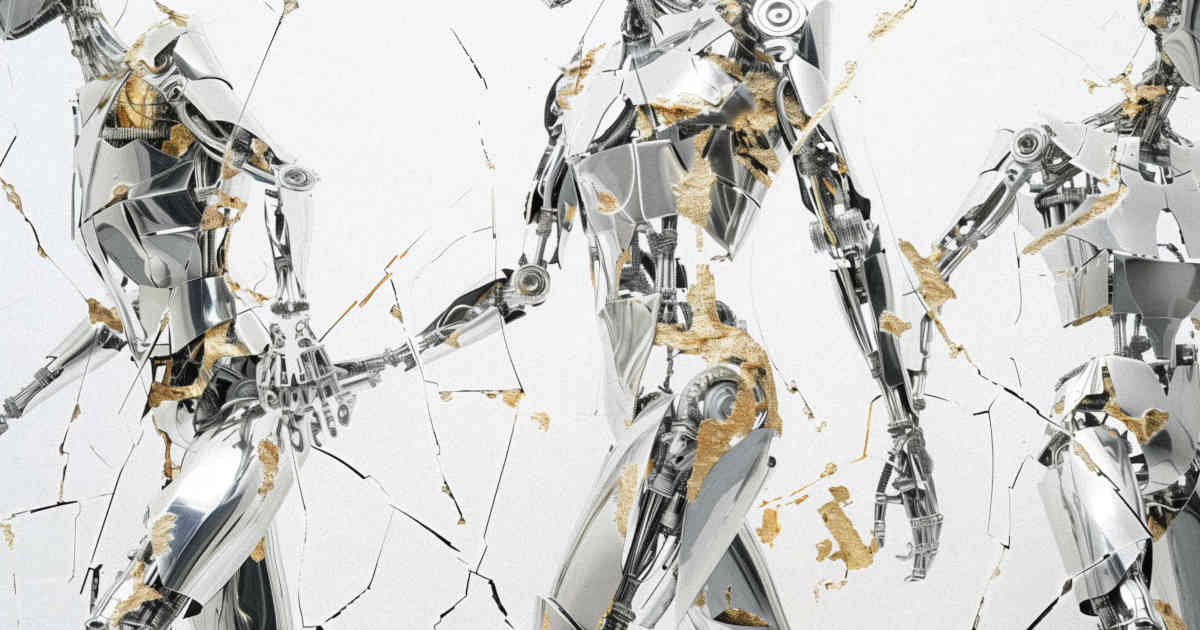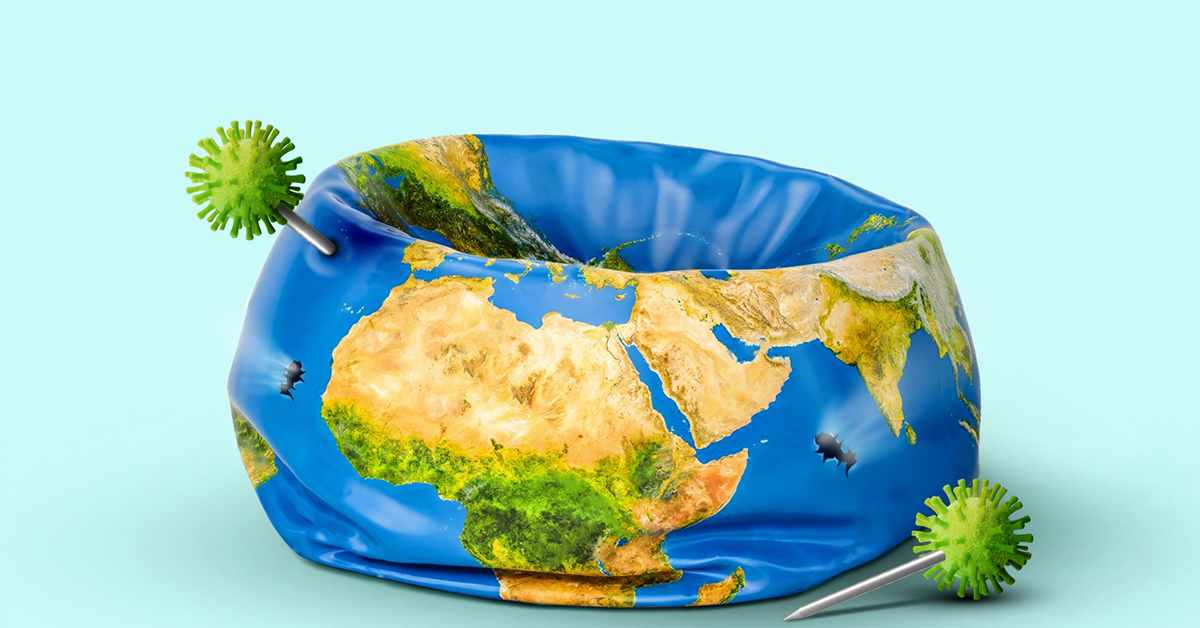“A dictator may hereafter arise, who laying hold of popular disquietudes, may collect together the desperate and the discontented, and by assuming to themselves the powers of government, may sweep away the liberties of the continent like a deluge.” Thomas Paine, 1776
“If we are to have another contest of our national existence, I predict that the dividing line will not be Mason and Dixon’s but between patriotism and intelligence on the one side, and superstition, ambition and ignorance on the other.” Ulysses. S. Grant, 1875.
And here we are in 2024 – almost 150 years since Grant made his prediction and 100 years since Stalin first came to power. In the century since Stalin, there has been an unbroken string of terrible tyrants – leaders who were ruthless, relentless, and remorseless. I’m wondering now if we will break the string before we are broken by it. The timeline of tyrants looks like this:
1924 – 1953: Stalin (Russia)
1933 – 1945: Hitler (Germany)
1949 – 1976: Mao (China)
1975 – 1995: Pol Pot (Cambodia)
1989 – 2019: Omar al Bashir (Sudan)
1989–2024: Ayatollah Khameni (Iran)
1999 – 2024: Putin (Russia)
2000 – 2024: Al Assad (Syria)
2011 – 2024: Kim Jung Un (North Korea)
As you can see, the world is now contending with four tyrants simultaneously, with many others either on the margins of tyranny (Xi, Orban, Duda, Erdogan, Modi, Duterte, Maduro, etc.) or who are trying to join the club – including aspirants in Germany, Italy, France, Netherlands, Portugal and Sweden. We even have a wanna be dictator in the good old USA.
But let’s take a quick trip down memory lane to highlight some examples of those leaders who, through their ruthless ambition, relentless pursuit of power and remorseless disregard for human life, have left indelible scars on the world. Driven by ideology, personal gain, or a twisted sense of justice, these leaders all orchestrated mass atrocities, oppressed entire populations, and plunged nations into chaos. Pay close attention to the defining characteristics of each of these dictators.
Joseph Stalin earned his reputation for ruthlessness as the dictator of the Soviet Union. Stalin’s regime was characterized by paranoia, purges, and the systematic suppression of dissent. He orchestrated the Holodomor, a man-made famine that killed millions of Ukrainians, and oversaw the execution or imprisonment of countless political opponents, real or imagined. Stalin’s relentless drive to transform the Soviet Union into an industrial powerhouse came at the cost of almost 10 million lives, making him one of the most brutal dictators of the 20th century.
Adolf Hitler, of course, was the architect of the Holocaust and the driving force behind World War II. Hitler’s fanatical belief in Aryan supremacy and his unwavering determination to establish a thousand-year Reich led to the systematic extermination of millions of Jews, Romani people, homosexuals, and other minority groups. His relentless pursuit of military conquest resulted in a global conflict that claimed the lives of over 70 million people. Hitler’s legacy is one of unparalleled brutality and the enduring reminder of the depths of human depravity.
Mao Zedong, the founding father of the People’s Republic of China, is also marred by ruthlessness and the immense suffering he inflicted on his people. Mao’s Great Leap Forward, an ambitious attempt to rapidly modernize China, resulted in a catastrophic famine that claimed the lives of an estimated 70 million people. His Cultural Revolution, a campaign to purge China of “bourgeois” elements, led to widespread violence, persecution, and the destruction of cultural artifacts. Mao’s unwavering belief in his own ideology and his willingness to sacrifice millions of lives in pursuit of his goals make him a prime example of a ruthless and remorseless leader.
Pol Pot, the leader of the Khmer Rouge in Cambodia, emerged as one of the most brutal dictators in history. His regime’s attempt to create an agrarian utopia led to the deaths of almost 2 million people, roughly a quarter of Cambodia’s population. Pol Pot’s regime was characterized by forced labor, mass executions, and the systematic destruction of Cambodia’s social and cultural fabric. His ruthlessness and disregard for human life left Cambodia in ruins and its people traumatized for generations to come.
Omar al-Bashir, President of Sudan, was indicted by the International Criminal Court for war crimes, crimes against humanity, and genocide in Darfur. His actions led to almost 400,000 deaths. That war is still raging between two generals in his regime who are vying for power.
The jury is still out on the current tyrants, who continue to rack up damages and promise to cause more pain and suffering. Here are some of the most prominent players:
Bashar al-Assad, President of Syria, has been accused of using chemical weapons against his own people, torturing and killing detainees, and causing a humanitarian crisis through the Syrian civil war. He is responsible for the deaths of over 500,000 people and counting.
While it is still too early to tell how many people will die as a result of Ayatollah Khameni’s support or Hezbollah, Hamas, the Houthis, and other terrorist groups in the region, there is little doubt that he will continue to reek havoc throughout the Middle East.
Kim Jong-un has been accused of numerous human rights abuses, including the imprisonment and execution of political opponents, forced labor, and widespread surveillance. What still remains to be seen, however, is how he uses the nuclear arsenal he has assembled.
And let us not forget Vladimir Putin. Not only has he invaded Crimea and Ukraine, resulting in untold suffering, he also threatens the world with a vast supply of nuclear weapons he has at his disposal. We have no idea how his ruthless role in the world and his relentless pursuit of power and possessions will turn out. We do know for sure that he suffers no remorse.
The legacies and unfolding scripts of all these tyrants serve as a stark reminder of the importance of vigilance against tyranny and the need to protect human rights and dignity. Which brings us back to America and its current crisis.
While I am not going to attempt to add to the torrent of tirades about Trump – who he is, why he is winning, how he managed to win in the first place, or what will happen if he does become our next president—I do want to point out that the American culture can no longer claim immunity (if it ever could) from being infected by a dictator. Trump not only represents an existential threat to democracy, but he is now protected by six members of the Supreme Court, the majority leader of the House of Representatives, and the minority leader of the Senate. In this term, these six members of the Supreme Court made it easier for corporations to ignore regulations, for oligarchs to amass more wealth, for states to impose draconian measures against women, for high tech to control content curation, for gun owners to buy and carry, for insurrectionists to obstruct justice, for cities to criminalize homelessness, and for presidents to do whatever they damn well please. It certainly appears that American culture lost its immunity to tyrants, while Trump found his immunity for any acts he may have committed or still may commit in his “official” duties. And, for frosting on the cake, the court retains its ability to decide what is official and what is not. The balance of power is now out of balance.
At the founding of our country in 1776, Thomas Paine published his pamphlet, Common Sense, in which he warned that a dictator could sweep away our cherished liberties. Sadly, it seems like common sense has become all too uncommon in modern America.
Ulysses Grant, our greatest warrior against slavery and oppression, was sadly prescient when he predicted the ultimate battle America faced would be “between patriotism and intelligence on the one side, and superstition, ambition and ignorance on the other.” I’m afraid, at this point, that battle is too close to call.
The only question for America is, “Will we do everything we can to break this string of tyrants, or will we wind up strengthening that string to the point that it becomes a rope around our neck? I’m hoping it will be the former. I’m also hoping we will be able to hang on to hope through all this mess. For me, it may be easier because I define hope as the possibility of experiencing moments of joy. I still look forward to many of those moments in the future, whatever they may be. May you find your moments as well.
Also published on Medium.




Perfect Ricky! Not sure I can conjure up the same optimism for hope and joy, but will try! Thank you❤️
Thanks Ronny. As dark as it is, we are so lucky to be able to dare to hope for moments of joy. Think family and loved ones. Much love to you and yours.
[…] could affect his performance in the next few years. And I am, of course, continually horrified by Trump’s ability to lie, cheat, and commit criminal acts and still lead in the polls. Those two realities, in the context of global catastrophes, combined […]